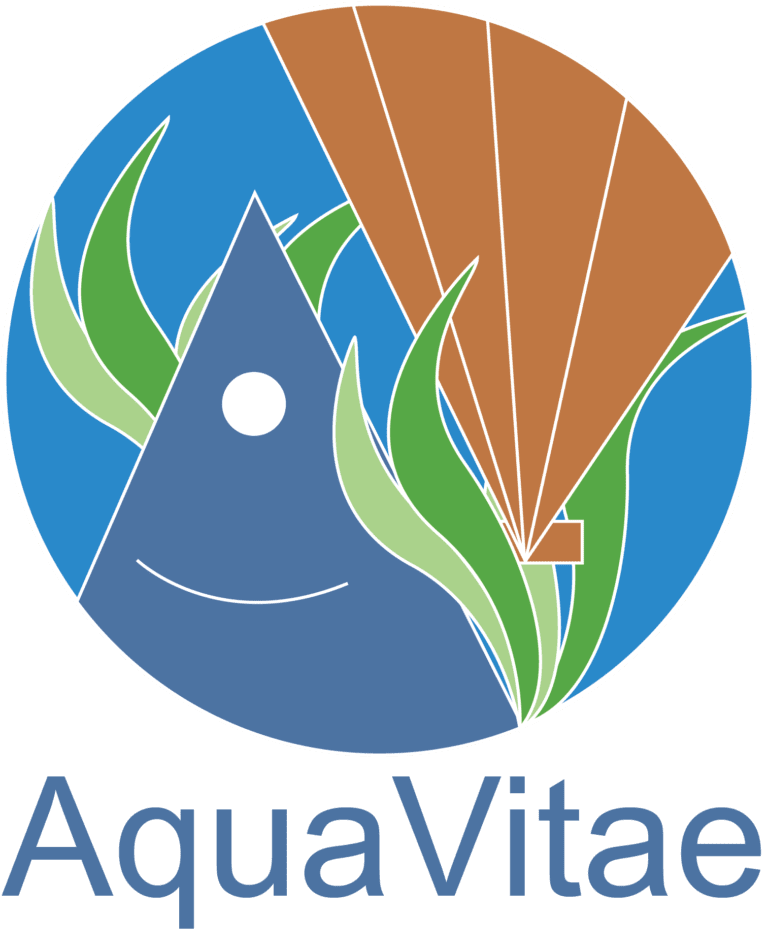Aquaculture on the spotlight in new EU funded project. New types, processes and products that contribute to increasing production and improving sustainability in aquaculture value chains in the Atlantic: their introduction is the goal of the EU-funded project “AquaVitae”.
More than 70 scientists and experts from 16 countries met in Tromsø, Norway, for the international project. Over the next four years, they will work to sustainably increase the aquaculture production of species from low trophic levels, ie species at the beginning of the food chain, in and around the Atlantic.
“AquaVitae” is a new research and innovation project funded by the EU’s Horizon 2020 programme. The project consortium consists of 36 partners, from 16 different countries, spread across four continents. In addition to Europe, partners are situated in countries bordering the Atlantic Ocean, including Brazil, South Africa, Namibia, as well as in North America.
Aquaculture Research at the Alfred-Wegener-Institute Helmholtz Center for Polar and Marine Research (AWI) is involved in new sustainable product testing and in the hatchery development of sea cucumber species in Brazil and across Europe. AWI coordinator Matt Slater says “We will help develop new products from sustainable aquaculture in the Atlantic. This project contributes to one-planet solutions for growing more seafood for future generations.”
The project is coordinated by Nofima-the Norwegian Institute of Food, Fisheries and Aquaculture Research. The project’s purpose is to introduce new low trophic species, products and processes in marine aquaculture value chains across the Atlantic.
Further information in the original press release from Nofima.

